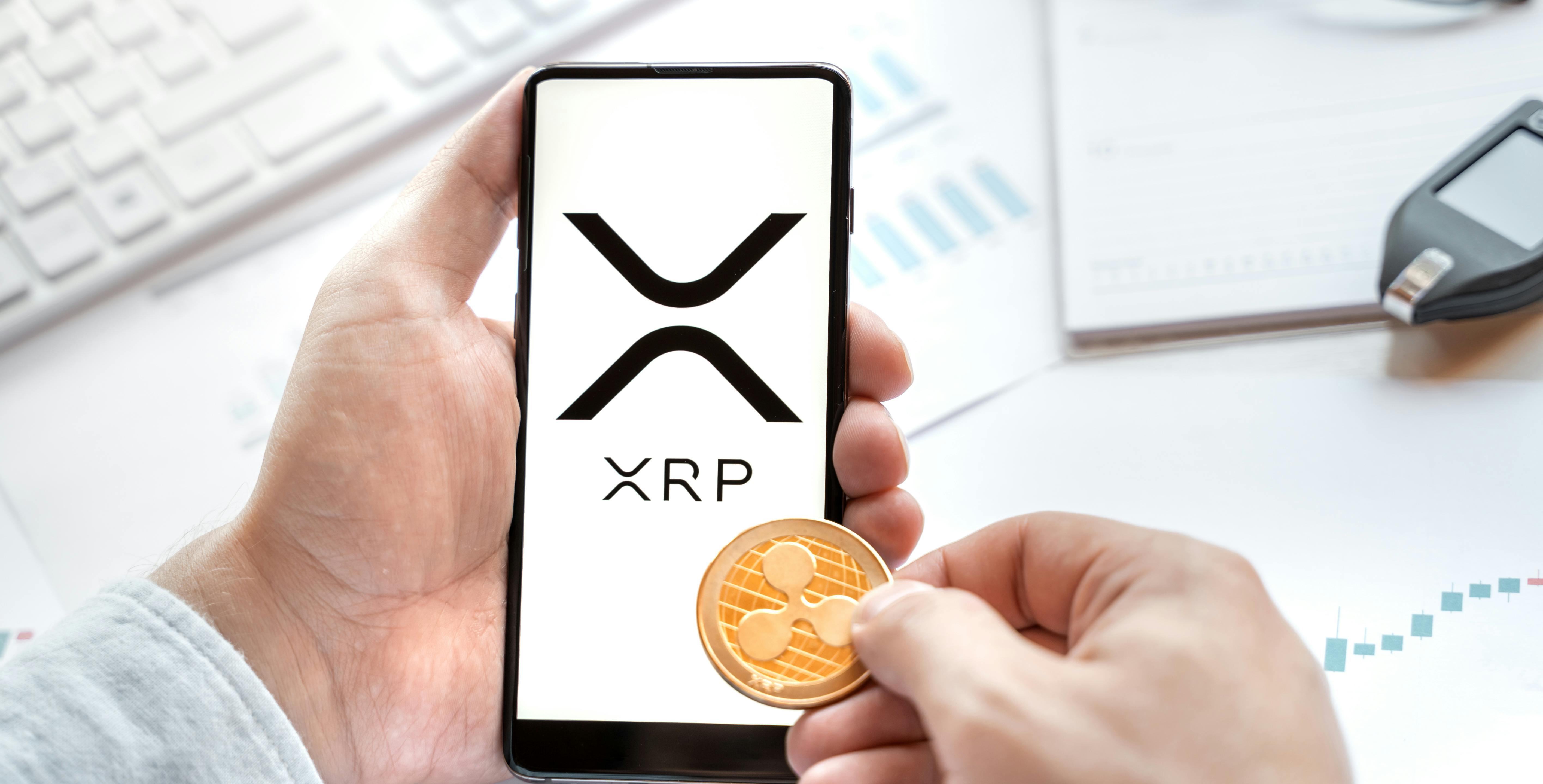Cryptocurrency Explained: XRP
Share
Main points
XRP is one of the most valuable digital currencies by market cap.
It enables fast and low-cost transactions across borders using the Ripple Network, providing a more efficient and practical alternative to traditional banks.
It facilitates quick conversions between different currencies and payment networks, including fiat and cryptocurrencies.
FAQs
What is XRP?
XRP is an open-source, permissionless and decentralized digital currency that allows for an efficient exchange between different currencies — including fiat and crypto — without the high fees or delays of traditional wire transfer and currency exchange services. Payments are settled in seconds on a public ledger (XRPL) that runs 24/7, with a minimum transaction cost currently set at $0.00001 XRP, which is a fraction of a penny. Because of low cost, low energy usage, and fast transactions through XRP’s built-in decentralized exchange (DEX), XRP has become one of the most active protocols, occasionally surpassing Bitcoin in network activity.
How does XRP work?
While Bitcoin and many other cryptocurrencies are designed to facilitate transactions outside the control of a central authority, XRP gives a percentage of control over to a governing group called Ripple. XRP does not mine more wealth like other cryptocurrencies, all the XRP that will ever exist appeared at its inception and the Ripple group developed XRP’s ledger (XRPL) in exchange for 80% of all XRP tokens, which it doles out to reduce inflation, incentivize development, and improve market liquidity. Most of Ripple’s XRP tokens are held in escrow and released at a slow and predictable rate. Network activity can be monitored here: XRPL Explorer | Ledgers.
All cryptocurrencies use a blockchain and cryptography to solve the “double spend problem,” which is when a user applies the same token to resolve more than one transaction. Rather than relying on blockchain mining, like Bitcoin, or proof-of-stake consensus, like Ethereum, to make sure the ledger remains accurate and fraud-free anywhere in the world, XRP achieves consensus by constantly querying the validators on the network. So long as 80% of the validators agree on a path forward, the blockchain continues, and the dissenting validators are ignored, and possibly investigated.
When did XRP start?
Ripple Labs, a United States-based technology company, launched the Ripple ledger and its native XRP token in 2012, and later changed the name to the XRP Ledger and shortened their own name to just Ripple. XRP served as a more efficient solution for the SWIFT system, or the Society for Worldwide Interbank Financial Telecommunication, a global messaging system used for international money and security transfers between worldwide banks.
How do I buy XRP?
To buy XRP or other digital currencies, you must have a digital crypto wallet that accepts XRP – like Trust Wallet or Exodus. XRP is available to buy at CoinFlip Preferred, where you can get personalized assistance with one of our PlannerDAO-certified client managers.
XRP is also available for purchase at CoinFlip ATMs. To buy XRP, simply have a compatible wallet and a phone number ready. You can locate the nearest ATM by clicking here.
What is the future of XRP?
In December 2020, Ripple faced a Securities and Exchange Commission (SEC) lawsuit, alleging that XRP was sold as an unlicensed security. A significant ruling in July 2023 determined that Ripple did not sell XRP as an unregistered security to the public, marking an early victory for the company, as many exchanges relisted XRP for cross-border payments. The crypto industry celebrated this win, urging lawmakers to establish clear regulatory frameworks for other cryptocurrencies.
XRP offers a more efficient way to send payments compared to traditional banks, which can take days or weeks for wire transfers while charging high fees. Its fast transaction speed, low costs, and lower energy consumption make XRP an appealing alternative to Bitcoin too. With its ability to connect various currencies and payment networks, XRP has the potential to drive global adoption of digital currency.
Share

